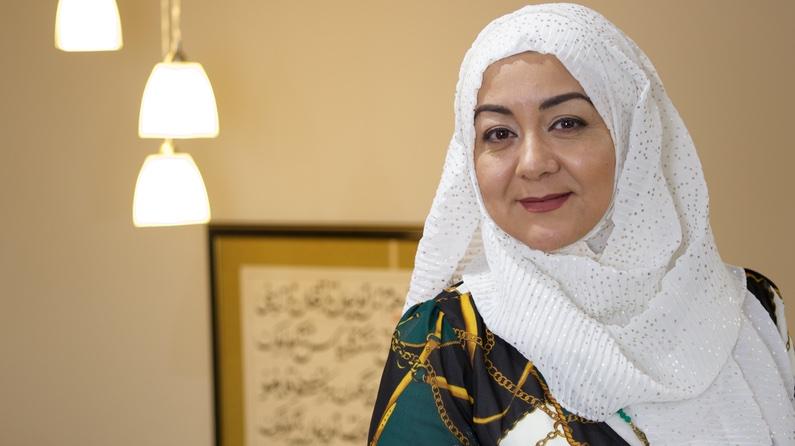WASHINGTON—Gulchehra Hoja had a childhood full of dance and music in Xinjiang, China. She loved being on camera and dreamed of becoming a TV host. And she did, hosting shows in Chinese and the Uyghur language and starting the first children’s show on Xinjiang TV. Her face was known to Xinjiang viewers.
In 2001, while on vacation in Europe, she heard something on the radio she'd never heard before—an uncensored news report about a protest in Xinjiang.





